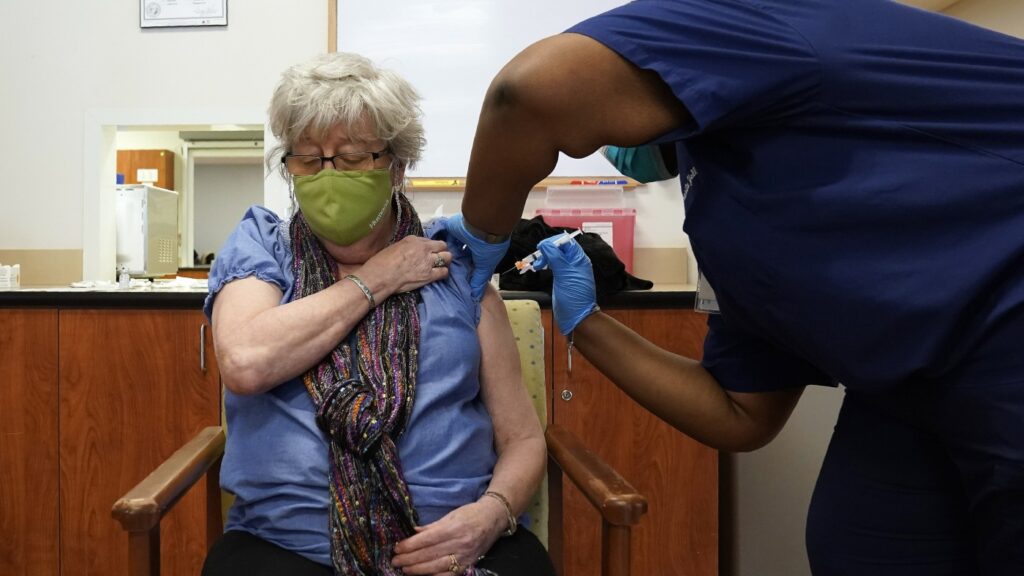The recent passage of a substantial Republican tax and spending bill threatens to cut support for the health insurance market established by Medicaid and the Affordable Care Act, potentially leading to 10 million Americans losing their health insurance by 2034, according to the Congressional Budget Office. Lawmakers argue these cuts are necessary to address growing budget deficits caused by tax reductions and spending. However, the implications of these cuts could shift healthcare costs back to hospitals, clinics, individuals, and eventually the federal government.
For those without insurance, federally qualified health centers (FQHCs) provide critical services at subsidized costs for low-income patients. However, a reduction in Medicaid coverage could jeopardize their financial sustainability, as they rely heavily on Medicaid for funding. The financial burden may force them to cut services or reduce spending per patient.
Hospitals, particularly non-profit ones, often act as the “insurance company of last resort,” providing care regardless of a patient’s ability to pay. Non-profit hospitals are funded, in part, through tax breaks that require them to offer charitable care. The cuts to Medicaid could exacerbate existing financial pressures on rural and non-profit hospitals, which are already struggling.
The article also highlights the significant issue of medical debt, affecting many even those with insurance. Approximately 20 million Americans carry medical debt, with higher rates among the uninsured and low-income populations. Without insurance, individuals face higher risks of bankruptcy linked to hospitalizations.
Moreover, the broader economic consequences of increased uninsured rates are concerning. Those without insurance tend to have poorer health outcomes, which can hinder productivity and, in turn, economic growth. Historical studies demonstrate that having health insurance as a child leads to better educational and economic outcomes later in life.
Overall, while tightening Medicaid eligibility may appear to save the federal government money, it shifts financial burdens throughout the healthcare system and negatively impacts the uninsured and the economy at large.
Source link



